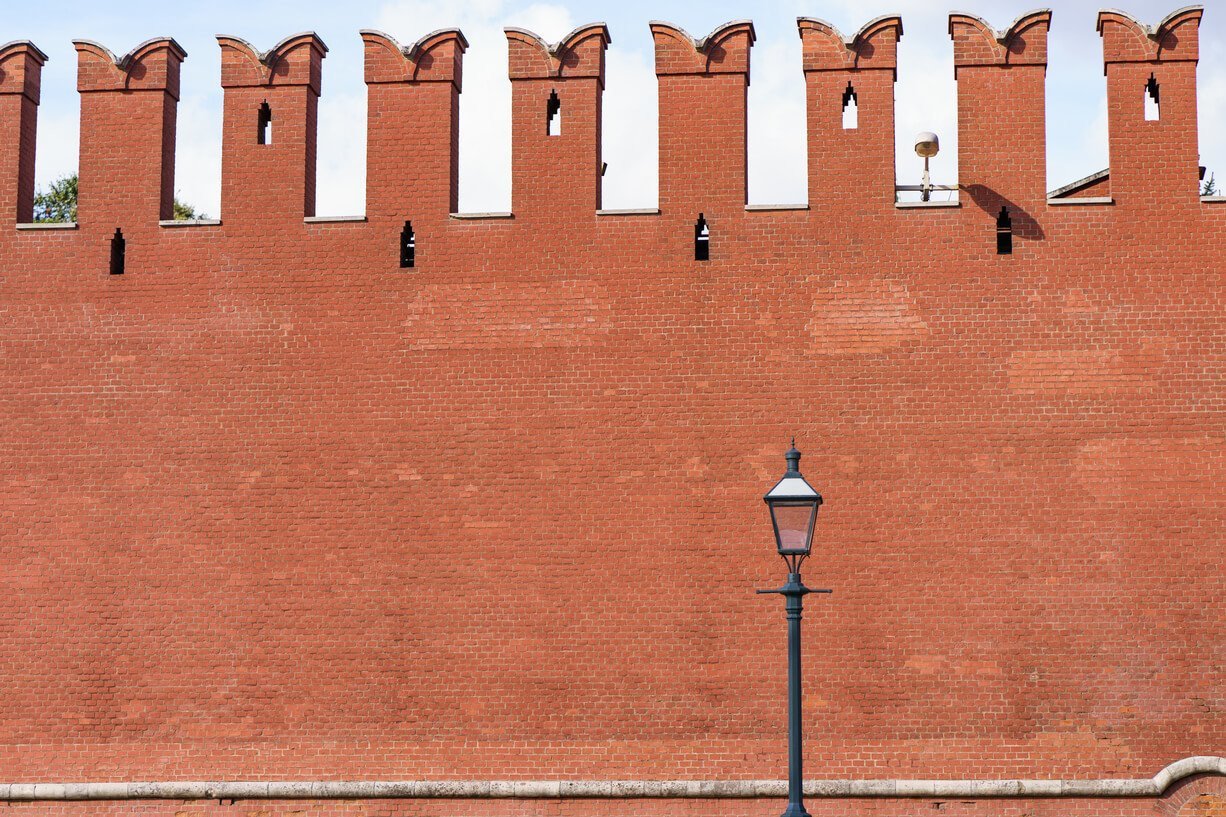Central Bank: No Place for Stablecoins in Russian Economy, Only Digital Ruble Will Do

The Central Bank of the aggressor state Russia, says that it is against the idea of citizens making use of fiat-, oil-, or gold-pegged stablecoins – despite calls for the launch of such tokens from the Ministry of Finance.
The newspaper Vedomosti quoted a Central Bank spokesperson as insisting that “private” stablecoins carry “increased levels of risks,” as “the pool of assets underlying them does not belong to the owner.”
The bank was responding to recent comments from Ivan Chebeskov made at Russian Creative Week, a summit of domestic creative industry players. Chebeskov is the head of the ministry’s financial policy department, and answered a question from an attendee about the need for Russian stablecoins following his speech at the event.
Chebeskov stated that “in general,” he was in favor of the launch of such tokens “if a business, or investor has the need to pay or invest in this way.”
He added:
“If they need new tools like these, we will always support such initiatives. This is the right path to take if we are to develop [new] technology.”
But the Central Bank warned that in the case of stablecoins, the redemption of such tokens “at face value of the assets used as collateral is not guaranteed.” The spokesperson added that “the price of stablecoins, in fact, is not very stable.”
The ministry, meanwhile, has claimed that Russian stablecoins could be tied to a range of “stable physical assets,” such as the fiat ruble, gold, oil, or grain. Critics might well counter that all of these assets have experienced more than a little price volatility in recent months – and that it might be a stretch to call any of them “stable.”
The ministry has been at loggerheads with the bank for several years on the issue of crypto. The ministry favors the legalization of cryptoassets – mainly as this would help local businesses grow, encourage technological development in the private sector, and boost tax revenues. It wants to legalize mining, trading, and crypto exchanges – and force companies and individuals to pay tax on their earnings.
The bank, meanwhile, opposes all of this – as it claims that opening the door to crypto will ultimately undermine the ruble and create a “shadow” economy.
The bank’s spokesperson added that “the only form of legal tender in Russia is the ruble,” and repeated that it sees a digital ruble “as a preferred alternative to private stablecoins.”
A Central Bank-run digital fiat would “combine all the advantages of a digital form of payment with the reliability of a full-fledged currency,” the spokesperson added.
Private-sector representatives, however, have bemoaned the lack of domestic stablecoins. The report noted that there is no blockchain-powered ruble-pegged stablecoin currently in circulation.
An attendee at a session held during Russian Creative Week was quoted as stating that stablecoins pegged to the US dollar allowed the United States to “strengthen its position in the world economy,” as “in order to buy cryptocurrency,” people often “need to buy dollars.”
A ruble-pegged token could help bolster the Russian fiat in the same way, the attendee remarked.
The Central Bank has made some small concessions to the ministry in recent months, but the impasse may still be hard to break.
The bank has said it is not opposed to the idea of Russian firms using crypto in international settlements – provided coins are converted to fiat after receipt and thus kept away from the Russian economy.
But the potential for using crypto in the world of global trade is “limited,” the report noted, “especially with sanctions” restricting traders’ options on this front.
The Central Bank has also softened its position on crypto mining. It says it is prepared in principle to allow the sector to be legalized. But again, there is a catch here: The bank will only sign off on the measure if miners agree to sell all the tokens they earn on platforms based overseas – another tall order in the era of sanctions due to Russia’s invasion of Ukraine.
____
Learn more:
– Moscow Exchange Should Launch a Crypto Trading Platform, Says Top Russian Politician
– Stop Your Crypto Operations in Russia, Washington Tells Japanese Exchanges & Miners
– Russian Ministry of Finance Says There’s No Place for Crypto in Oil Trading
– Russian Central Bank Ready to Make Crypto Regulation Concessions, Hints Governor
– Watch & ‘Invest in Peace’: Ukrainian Deputy PM Raps to Encourage More Crypto Donations
– CBDCs ‘An Investment’ to Protect the Fiat System, Cash Will Disappear, Swedish Central Banker Says




